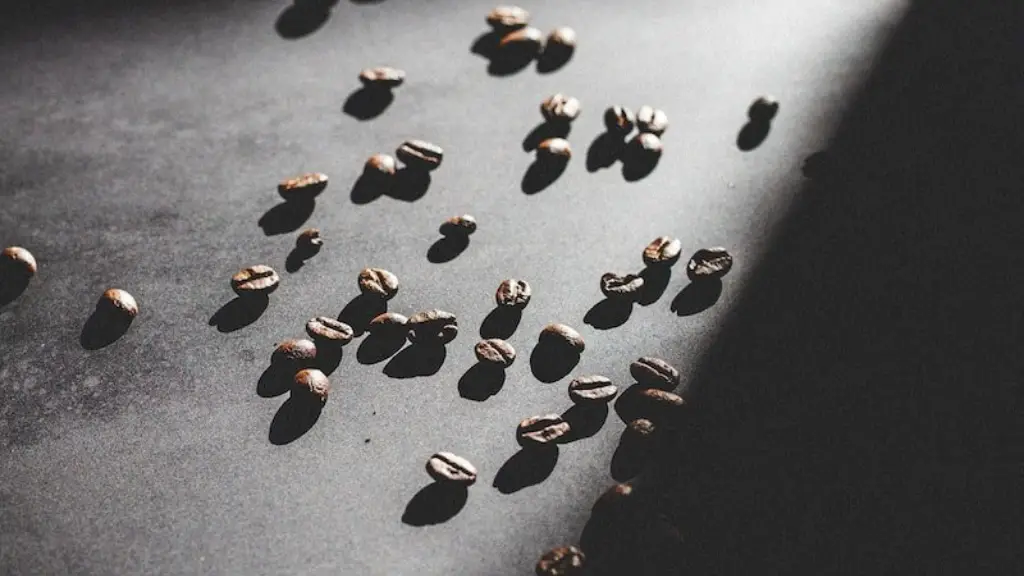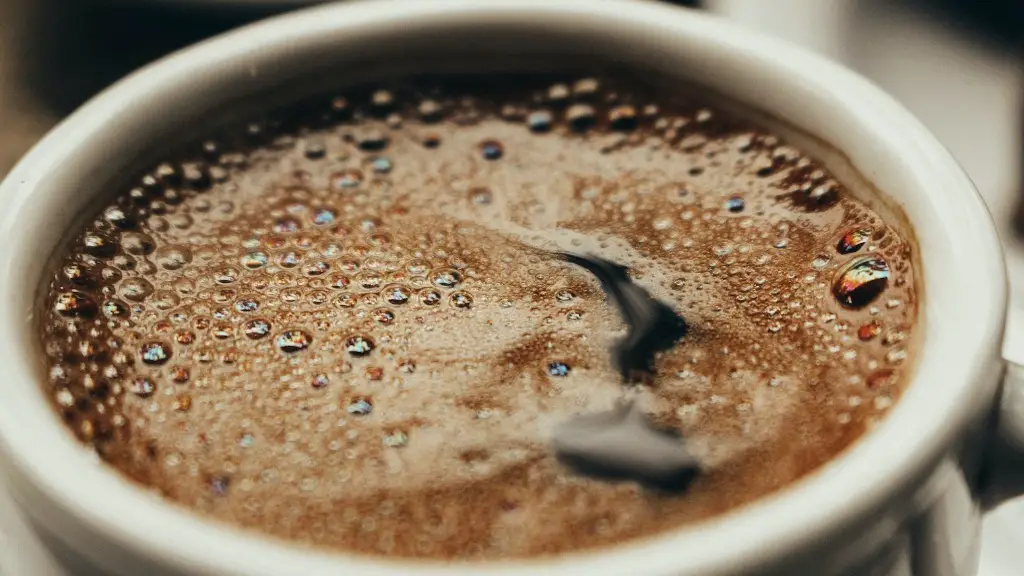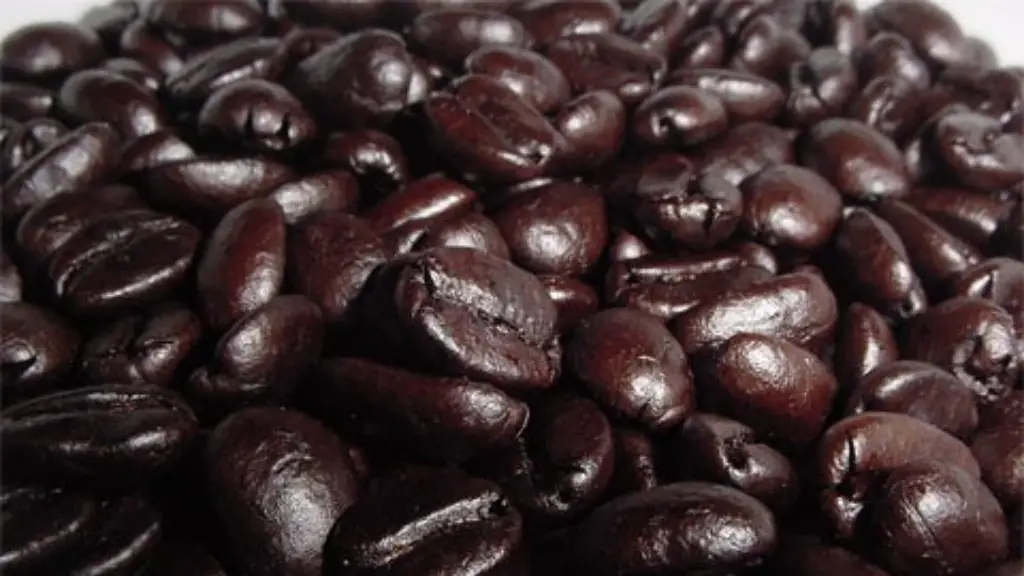Fasting for bloodwork is a common practice, but what about drinking coffee before your test? Some people wonder if drinking coffee will interfere with their results or if they need to wait several hours after to drink coffee or other caffeinated beverages. Knowing the proper way to fast for your bloodwork, and if drinking coffee or other caffeinated beverages have any affect on the results, can help you feel healthier and more prepared for the test.
One of the primary reasons for fasting for bloodwork, especially for diabetes tests, is that the results will show a more accurate reading of blood glucose levels. When you consume foods, drinks or medications prior to blood tests, the results may be skewed due to the effect of those substances on your glucose levels. Fasting also ensures that certain metabolic markers are measured accurately such as your cholesterol, triglycerides, and so on.
So, if this is the case, can you drink coffee before a blood draw? Generally speaking, yes—but it’s best to consult your doctor or lab first before doing so. Drinking coffee can affect glucose levels and other metabolic markers, so depending on what tests your health care provider wants to do, you may need to wait longer after drinking coffee.
Caffeine itself is not necessarily a problem, but the beverage itself may contain sugars and fats that could cause the test results to be inaccurate. For those choosing to drink coffee before they fast for bloodwork, the best practice is to choose a black coffee without added sugars, creamers, etc. to minimize the risk of skewing the results.
Another important factor to consider when deciding if you can drink coffee prior to blood work is the amount of caffeine in the beverage and the length of time it is taken prior to testing. Depending on the individual and the amount of caffeine consumed, it could take up to six hours for the body to metabolize the caffeine. Therefore, it is important to discuss with your health care provider when the best time to drink coffee or other caffeinated beverages before a blood draw.
It is also worth noting that you should avoid other caffeine-containing nutritional supplements before the blood test to be on the safe side. Generally speaking, it is best to avoid any supplement or supplement-like product before a blood test. Vitamins, minerals, and herbal supplements are not considered frequent medications and therefore should be avoided prior to the blood test.
Overall, the safest course of action when it comes to fasting for bloodwork is to completely abstain from drinking coffee and other caffeinated beverages. This will give you the best chance of getting accurate results without any doubts. However, if you are unable to abstain, make sure to discuss this with your doctor or laboratory in order to get the most accurate results possible.
How Does Caffeine Affect Your Glucose Levels?
Caffeine affects your glucose levels better than other substances because it is a stimulant, meaning it can have a direct affect on your system and metabolism. Caffeine has the potential to stimulate the release of glucose from the liver into the blood. This can result in an exaggerated glycemic response and ultimately affect the accuracy of your bloodwork results.
An important factor to consider when discussing the effects of caffeine on sugar levels is the location of the sugar in the body. Because sugar is stored as glycogen in the liver, when the liver is stimulated by caffeine, it can lead to an increase of glycemic response in the body. Therefore, consuming caffeine with sugar can impact the results of your fasting blood glucose tests.
Caffeine also affects other metabolic markers cut off important information used to diagnose diabetes. It can change the readings of fast glucose levels, cholesterol, triglycerides and other important markers. Therefore, it is important to discuss exactly what tests will be conducted and how long after drinking caffeine a blood test should be done.
Can Caffeine Have a Positive Effect on Your Bloodwork?
Most people are unaware that caffeine has positive effects on blood glucose levels. In fact, studies have shown that consuming caffeine before or after testing can result in a decreased production of insulin in the body. This may be the reason why moderate caffeine consumption has been linked to reduced risk for Type 2 diabetes.
However, it is important to note that this effect does not appear to be present with doses of caffeine considered to be large or excessive. Therefore, this potential benefit is limited and should be taken into consideration in combination with the potential risks associated with large doses of caffeine.
Therefore, it is important to discuss with your healthcare provider exactly what type and amount of caffeine is safe for consumption prior to blood work. It can become confusing trying to follow all the advice regarding caffeine consumption and fasting for bloodwork. Therefore, speaking to your provider ahead of time can help you feel more informed and comfortable during the test.
Should Children Abstain From Caffeine?
It is important to note that children should completely avoid all intake of caffeine. The same rules of abstention apply to children and adults, due to the fact that children are especially sensitive to the effects of caffeine and as such need to be more careful when consuming beverages and foods that contain caffeine.
Consuming caffeine can not only impact the accuracy of their fasting results, but it can also affect their energy and nutrition levels if consumed in large or excessive amounts. Therefore, it is important to be aware of the potential risks associated with consuming caffeine, especially for those who are fasting for bloodwork and are younger than 18.
What Are Other Tips to Prepare for Bloodwork?
Apart from avoiding the consumption of caffeine prior to bloodwork, there are other tips that are important to follow in order to ensure accurate results. For example, you should avoid eating and drinking for 8-12 hours before your test. Drink plenty of water to help ensure that your sample is collected accurately and safely.
You should also avoid consuming alcohol for 24 hours before the test, as it can varying the glucose levels that are being tested. Lastly, it is important to avoid engaging in strenuous exercise or activities prior to the test as this can also affect the results.
Are There Any Risks in Drinking Coffee Before Bloodwork?
Although drinking coffee prior to blood work can be beneficial in some cases, it is important to be aware of the potential risks. Caffeine can affect glucose levels and other metabolic markers, so you should always consult your healthcare provider first before drinking coffee or any other caffeinated beverage prior to bloodwork.
In addition, it is important to consider the amount of caffeine present in the beverage, as well as the amount of time it is taken prior to testing. Too much caffeine prior to the test can cause an exaggerated glycemic response in the body, which can skew the results and make the test less accurate.
What Else Should I Be Aware Of Before Bloodwork?
Aside from avoiding the consumption of caffeine, it is also important to avoid eating and drinking for 8-12 hours before your test. You should also avoid consuming alcohol for 24 hours before the test, as it can varying the glucose levels that are being tested.
Additionally, abstaining from strenuous exercise or activities prior to the test is important, as this can also affect the results. Lastly, it is important to avoid taking other caffeine-containing nutritional supplements before the blood test. Vitamins, minerals, and other herbal supplements are not considered frequent medications and should be avoided prior to the blood test.





